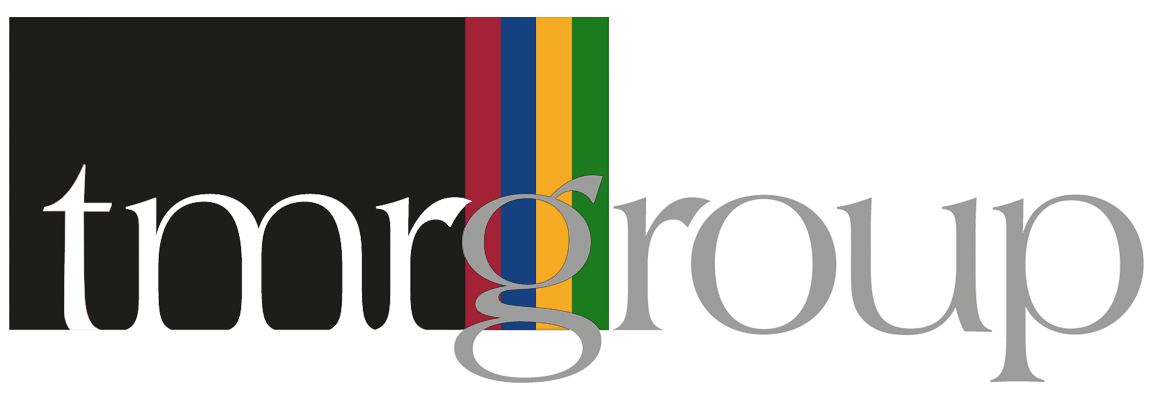Why Should a Candidate Choose You?
The interview process is, after all, a two-way exchange between parties, both looking to gather as much information as possible to assist with the decision of progressing or not! Candidates will assess their journey, from the initial point of contact with you this will continue throughout so good clear communication and feedback are essential. Therefore, it is imperative you understand what the candidate is looking to get out of the process and ensure that your interview reflects this. It’s good to consider what would make a candidate either accept or reject a job offer – what could be a deal breaker?
Company values and its culture
Do you live and breathe your company values and are they clearly visible within your business?
Do you recruit candidates that align with these? Is the working environment relaxed or formal?
Are members of the team friendly, working with a positive attitude towards one another?
Are business communications open and transparent?
Do you offer reward programmes and incentives?
Candidates are looking for inspiring cultures, those that appreciate the value that their employees add. These all add to the value of your culture, attraction, and retention of a team. Culture within your organisation remains a major deciding factor for candidates when considering whether to accept your offer or not.
Salary and Benefits
This is hugely important to get right. There is so much information available but be guided by your recruiter when deciding on a salary/package to offer to a candidate. If you get this right, you have taken a massive step towards securing the right person. Candidates view this as a measure of how much you value them and their future contributions. The last thing you want at this stage is to make an offer to the candidate and for that offer to be rejected.
Are your benefits competitive? 25 days holiday is the norm.
Do you offer any flexibility on remote working? This is becoming more and more popular.
Do you have healthcare or a reduced gym membership?
Again, your recruiter will advise you on how competitive your package is or not. The counter offer can sometimes rear its unwanted head at this point however, your recruiter will have covered this off with the candidate, and, provided the correct offer has been made – the counter offer will be flattering but nonetheless ineffective.
Career Development
Induction is the foundation to ensure a great start for your new employee – it is important you inform them how you are going to help them settle into the role and into the company. If you can offer career progression and development, the interview is an ideal time to showcase this. Talk about previous incumbents and where they are now – assuming they have been promoted. However, a candidate should always be prepared to show commitment to their career by undertaking self-study too, if necessary, to progress their ambitions. After all, “it is their career”. Careers can take shape in numerous ways and whether it is with an apprenticeship, CPD, or ad-hoc courses, learning and development is extremely important for most candidates, and it is worth exploring all options.




Company Values and its Culture
Do you live and breathe your company values and are they clearly visible within your business?
Do you recruit candidates that align with these? Is the working environment relaxed or formal?
Are members of the team friendly, working with a positive attitude towards one another?
Are business communications open and transparent?
Do you offer reward programmes and incentives?
Candidates are looking for inspiring cultures, those that appreciate the value that their employees add. These all add to the value of your culture, attraction, and retention of a team. Culture within your organisation remains a major deciding factor for candidates when considering whether to accept your offer or not.

Salary and Benefits
This is hugely important to get right. There is so much information available but be guided by your recruiter when deciding on a salary/package to offer to a candidate. If you get this right, you have taken a massive step towards securing the right person. Candidates view this as a measure of how much you value them and their future contributions. The last thing you want at this stage is to make an offer to the candidate and for that offer to be rejected.
Are your benefits competitive? 25 days holiday is the norm.
Do you offer any flexibility on remote working? This is becoming more and more popular.
Do you have healthcare or a reduced gym membership?
Again, your recruiter will advise you on how competitive your package is or not. The counter offer can sometimes rear its unwanted head at this point however, your recruiter will have covered this off with the candidate, and, provided the correct offer has been made – the counter offer will be flattering but nonetheless ineffective.

Career Development
Induction is the foundation to ensure a great start for your new employee – it is important you inform them how you are going to help them settle into the role and into the company. If you can offer career progression and development, the interview is an ideal time to showcase this. Talk about previous incumbents and where they are now – assuming they have been promoted. However, a candidate should always be prepared to show commitment to their career by undertaking self-study too, if necessary, to progress their ambitions. After all, “it is their career”. Careers can take shape in numerous ways and whether it is with an apprenticeship, CPD, or ad-hoc courses, learning and development is extremely important for most candidates, and it is worth exploring all options.
Address
4 Blythe House
St Phillips Courtyard
Church Hill
Coleshill
B46 3AD
Call Us
01675 624500
Email Us
info@tmrgroup.co.uk
